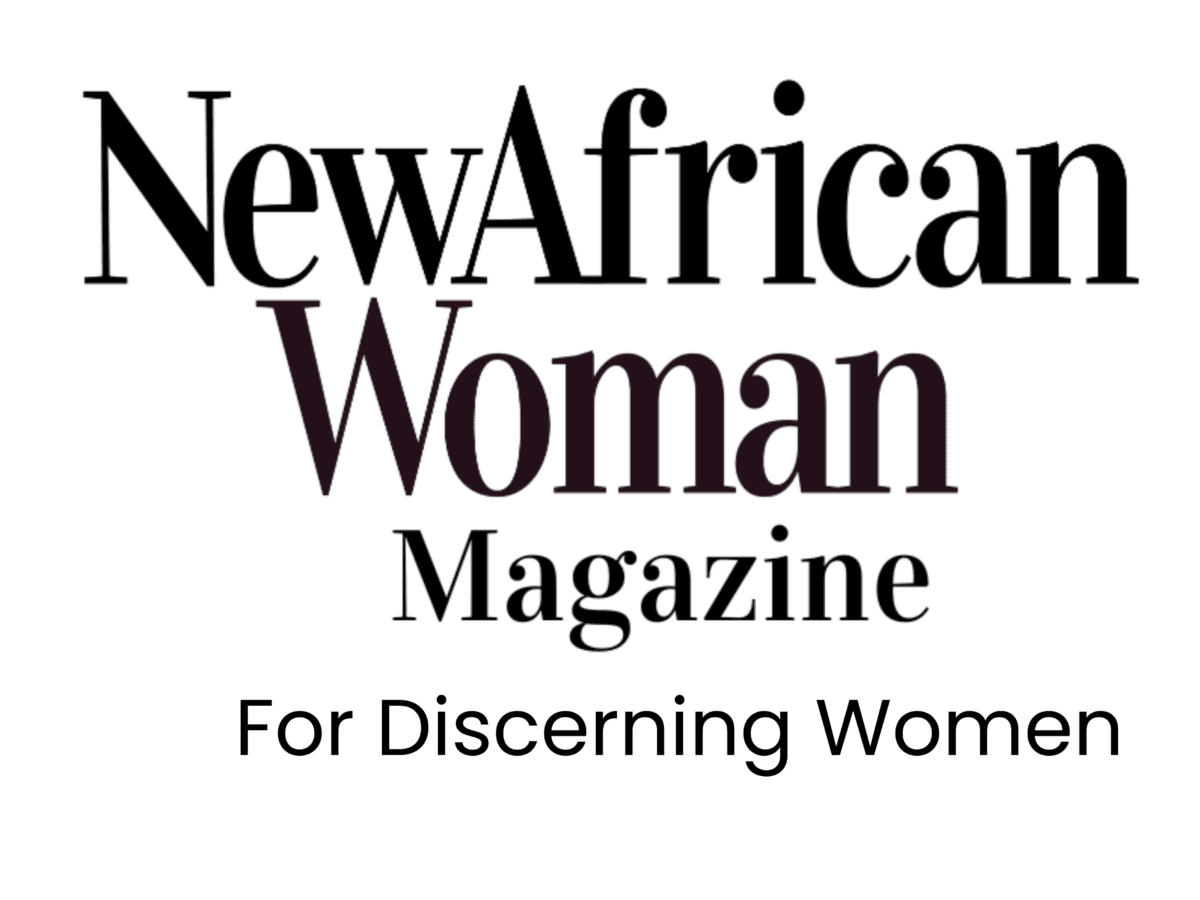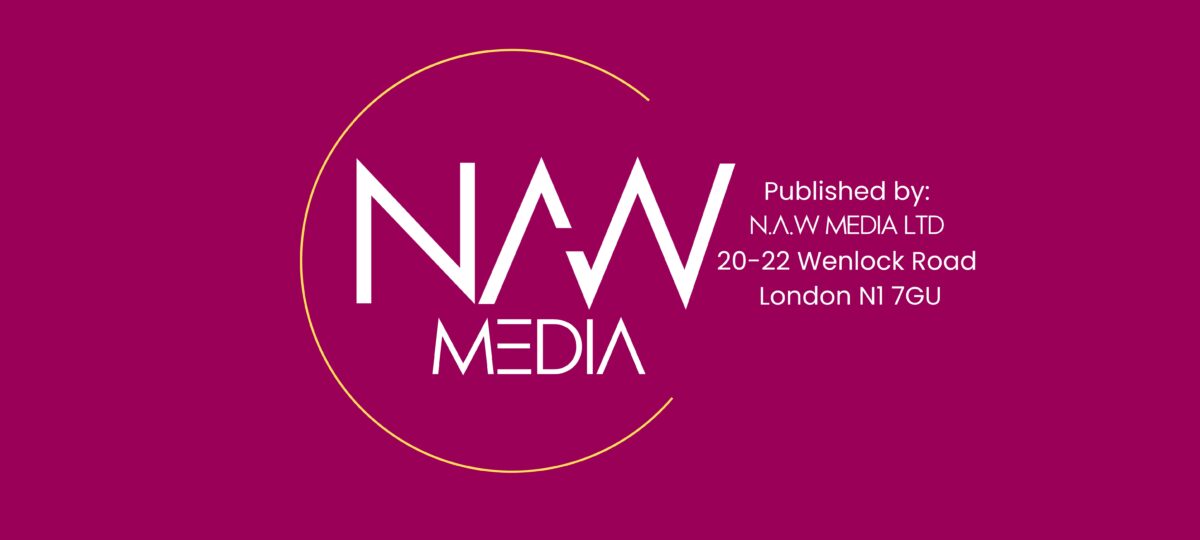WOMEN IN SCIENCE: “There is a lot of stereotyping in the way sciences are taught to girls.” Dr Ameenah Gurib-Fakim

Editor - NAW
With education reformers calling for more girls to take up sciences, there is no greater role-model to inspire them than the former, first ever female president of Mauritius, Dr Ameenah Gurib-Fakim. Her passion for science, biodiversity, medicine and on how to empower women, deserves attention.
And her CV is perhaps one of the finest and rarest in Africa. Dr Ameenah Gurib-Fakim is one of Africa’s most educated and respected female figures. The unassuming mother of two has also achieved many other firsts, including being the first female dean of the Faculty of Science at the University of Mauritius. In 2007, she was the recipient of a prestigious L’Oréal-UNESCO For Women in Science Award for her research on the exploration and analysis of plants from Mauritius and their bio-medical applications.
She later created the first full inventory of medicinal and aromatic plants found in Mauritius and neighbouring island Rodriguez. Her analysis of the anti-bacterial and antifungal properties of plants from Mauritius is paving the way for their use as safe and effective alternatives to commercial medicines.
With her credentials as a biodiversity scientist, Dr Gurib-Fakim has authored and co-edited over 28 books, journals and research papers on bio-diversity conservation and sustainable development and has won multiple further awards. That alone should inspire a generation of future African women scientists.
Here are excerpts:
ON GIRLS IN SCIENCE
“Increasingly on the continent, women and girls are not being encouraged to do the sciences, and this is for many reasons. For example, if you look at the [teaching] textbooks, there is a lot of stereotyping in the way that the sciences are being taught to girls. If you look at the infrastructures in schools, they don’t really cater for girls to stay. These issues need to be looked into. We need more mentoring, more advocacy. We need to take the girls by the hand and make them believe that they can do anything. By building their confidence from a very young age, telling them that the sky is the limit, it will lead to more in the sciences.”
ON WOMEN IN LEADERSHIP POSITIONS OR THE LACK OF:
“I have been advocating that we need to have better representation and there is a need to fix what we are all talking about – the ‘leaky pipe syndrome’ – which loses a lot of women in the pipeline, instead of bringing them along into systems and institutions. But the onus is also on all Africans. People have to start asking the right questions. Politicians, leaders, policymakers in normal democracies, are all accountable to the people. But, and I am sorry for saying this brutally, we get the government that we deserve. The one we vote in. It’s your vote.”
ON SCIENCE, MEDICINE AND AFRICAN GENETICS
“We need to focus not just on having a woman biochemist, but on medicine for Africans. Because of our pharmacogenetics profile, there is a great need to have more and more genetics from Africa on which we can actually test the drugs, so we can make them more appropriate for Africans, because genetics and genes matter in medicine.”
ON QUALITY, COUNTERFEIT AND SUB-STANDARD MEDICINES IN AFRICA
“The quality of anything, in every sense of the word, knows no gender. And this is what we all need to push for be it in medicine, food, education, agriculture – in everything that we do in all sectors. We cannot compromise on quality. This is the message that we need to spread across our continent. And to get to the required degree of excellency and quality, we need to empower our youth, more so our girls, with the right tools and education that will take them to the highest levels of excellency.
On the issue of counterfeit and substandard medicines, it is also down to the responsibility of the consumer – they need to ask the right questions and ensure that the medicine they are buying is in conformity with appropriate standards; that way we bring all the actors on board to make a difference.”
THE BRAIN DRAIN
“If we only focus on individuals to halt the brain drain in Africa, then we have a problem. We need to focus on institutions, institutions that deliver meritocracy. As it has been said before, you need to be defined by your competency and not by your birth. This is the type of mindset change that Africa needs to develop if we are to resolve the problem, otherwise we will still be having this same discussion 10 to 15 years from now.”
FOREIGN AID AND THE STATE OF AFRICA
“Donors have been very generous to Africa, they have given us seed money to start projects. But 50 years postindependence, our education systems have been geared towards producing managers of the system – civil servants. Our system was not geared to train innovators and scientists. We have had to change the system, and those countries that have had to invest in human capital, in an ecosystem that researchers and those in the Diaspora can come and work in, are the ones leading.
A lot can be said about some countries in the world that are not resource rich, have nothing underground – and there are quite a few – and are giants today. There are also those countries which 50 years ago had the same per capita average as African countries, but are giants today. So we could ask the question: What has made the difference? And the answer is leadership, vision, investment in human capital and another word – accountability.
We need to focus on institutions that deliver meritocracy. As it has been said before, you need to be defined by your competency and not by your birth. This is the type of mindset change that Africa needs to develop
These are the ingredients that we have to increasingly press into our institutions. It’s only when we have a fully trained human capital, which is able to ask the right questions and demand answers, only then will we be able to advance our own agenda. But what is that agenda? Our own agenda is to be able to deal with the issue of energy, to have a better extractive industry which works for the people and the continent, to have a great agricultural sector that addresses the issue of food security, water and other basics. Any country needs to be energy-independent and sufficient, any country needs to be able to feed its people. The African agenda will only succeed with us.
I always acknowledge that donors have been very generous with their contributions, but we have to address African needs with African talent and we need to produce African knowledge. We can no longer be pacifists, we need to be activists.
But 50 years post- independence, our education systems have been geared towards producing managers of the system – civil servants. Our system was not geared to train innovators and scientists. We have had to change the system.
(From our archives)









